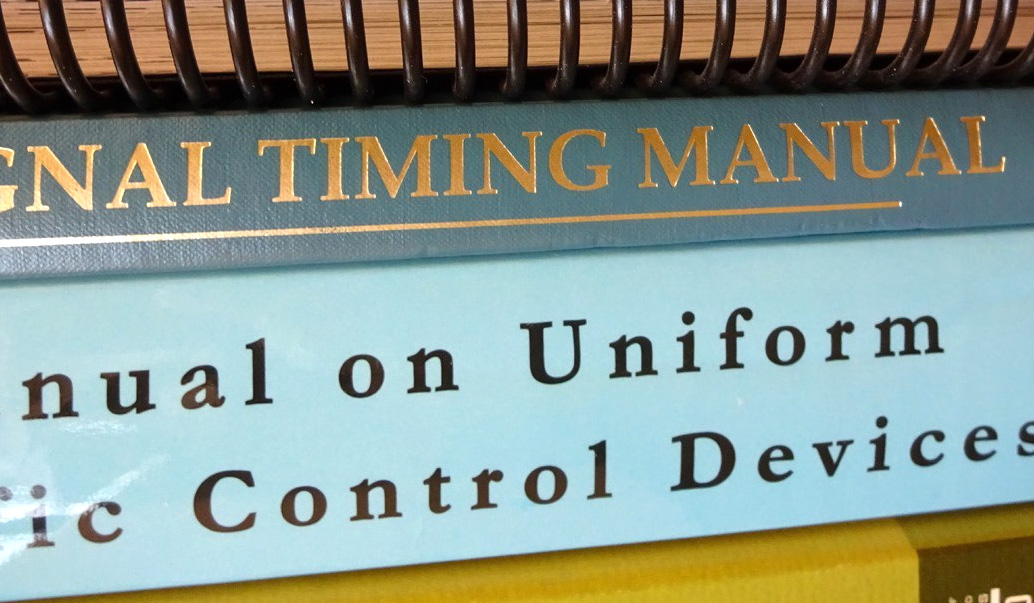This project sought to respond to gaps in delivering transportation safety education and to develop introductory curriculum materials for both academicians and practitioners.
Road safety is an evolving field, and preparing both students and practitioners with expertise in road safety is important. However, most U.S. universities do not have an independent road safety course in their civil engineering departments. In addition, practitioners may receive anecdotal evidence of transportation safety trends, but the availability of transferable training materials is limited. Road safety is interdisciplinary in nature, as it intersects civil engineering, psychology, mechanical engineering, urban planning, public health, and other disciplines. For these reasons, the development of materials for road safety benefits many potential end users.
The objectives of this project were to develop a comprehensive understanding of the needs and priorities related to safety data management and analysis; develop a set of core skills and knowledge required for safety data management and analysis; create a comprehensive set of safety data workforce development resources that could be easily accessed for use and distribution; and identify and utilize proven delivery pipelines to supplement safety program outreach efforts and activities.
In this second phase of the project, researchers further examined three elements begun in phase 1. First, the set of tools developed for practitioners was pilot tested and reviewed by a focus group and then refined on the basis of the feedback received.
Second, the set of tools developed for academicians was reviewed by 18 faculty members representing institutions from throughout the country to gauge the effectiveness of those products in the classroom; all participating faculty members taught transportation or transportation safety-related courses.
Finally, as an extension to the state-level crash reporting methodology developed in the first phase, the research team examined how crashes were reported in remote areas and how reliance on local sources, such as a town newspaper, might provide a more comprehensive assessment of the number of crashes and crash types than existing trauma registries and crash databases.
Authors:
Kevin Chang, University of Idaho
Ziqiang Zeng, University of Washington
Robert Perkins, University of Alaska-Fairbanks
Shane Brown, Oregon State University
Ali Hajbabaie, Washington State University
Sponsor: PacTrans

